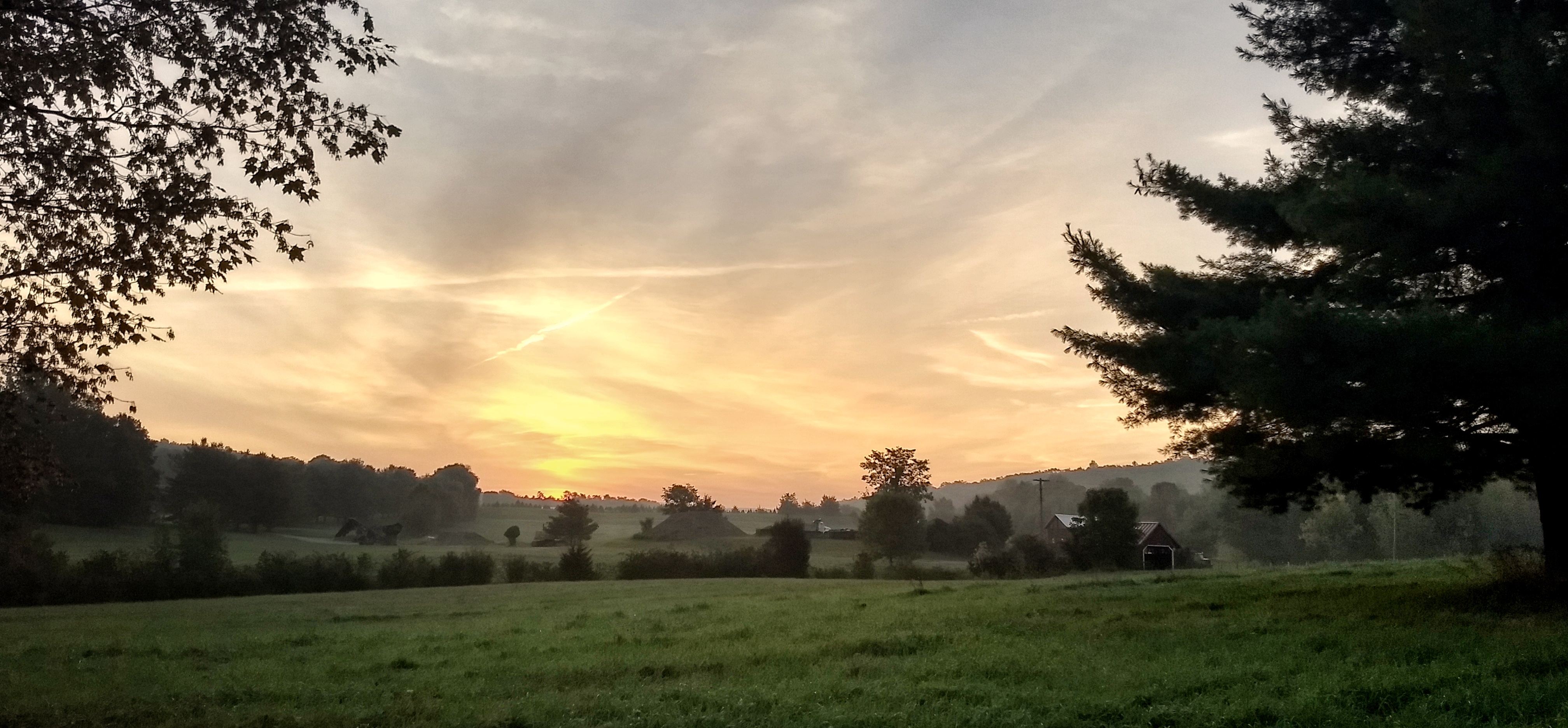With the midterms approaching, it seems that New York political ads are focused on the corruption and graft in Albany. Yet just an hour south, five municipalities in Northern Dutchess County are working together on issues with global implications.

Last year, the Village and Town of Rhinebeck, the Village and Town of Red Hook, and the Village of Tivoli formed a joint Environmental Committee to explore if there might be greater opportunities for action as a group of five communities, rather than individually. Key members on the food waste initiative include
- Gary Bassett (Mayor, V/Rhinebeck)
- Elizabeth Spinzia (Town Supervisor, T/Rhinebeck)
- Sarah Imboden (Councilmember, T/Red Hook)
- Steve Appenzeller (Climate Action Committee, T/Red Hook)
- Kathy O’Connor (Green Committee, V/Tivoli)
- Matt Stinchcomb (Environmental Committee, V/Rhinebeck)
Matt, who runs the GoodWork Institute (a Kingston-based nonprofit) and is also a student in Bard CEP’s new M.Ed. program, brought me into this unique collaboration of municipalities at the beginning of June, to see if there might be a way for us to work on issues related to food waste and composting.
He had pitched this idea to the joint committee when it was initially formed, highlighting that over a third of Americans’ food is thrown away or wasted. This is not only an environmental challenge due to greenhouse gas (methane) emissions and overflowing landfills, but it is also a strain on roads since wasted food is heavy to transport long distances to landfills.
The window of opportunity
There are several factors that support starting a food waste collection/recycling initiative in these municipalities:
- High population density relative to the land area, especially in the villages.
- Population is generally supportive of environmental programs, as demonstrated by the existence of active environmental/climate action committees in each of the municipalities. The new joint committee is further evidence of this.
- Partnership between multiple municipalities means that the impact could be substantial and/or starting a collection program would be economically viable, since it would have a larger customer base.
- Larger policy context: programs such as Feed HV, grant opportunities from the NYSDEC, and educational programs from Cornell Cooperative Extension demonstrate broader, institutional support for reducing and recycling food waste.
For these reasons, the group contacted a private composting company last winter to look into the costs of offering a curbside residential pick-up service. This could be either separate or in conjunction with leasing unused Town of Rhinebeck land for a composting facility, which could offset some costs or even provide a revenue stream through the sale of the finished compost. Unfortunately, due to the time constraints of the committee members, the food waste initiative had not moved much beyond this until June.
The internship experience
My role over the past few months has been to move the initiative forward and hopefully, to provide some recommendations for future action. After a few initial meetings, we decided that additional data and input from the communities was needed to formulate a pilot project. I therefore created a survey for residents in the five municipalities that gathered background information on current waste practices (household size, quantity produced, hauler, separation of waste streams, etc.), current food waste diversion/composting activities, and a willingness-to-pay matrix of food waste collection options at different prices, based on the information from the private company.
The survey received over 300 responses, thanks to the excellent networks of the members of the food waste initiative. It was supplemented by outreach to local businesses and institutions, since they are important stakeholders and produce far more food waste than individual households.
The survey results indicate that major concerns among residents and businesses include education/training, cost, and time constraints. It is clear that any food waste collection campaign will have to begin with an education campaign (as proposed by CEP ’18 alum Emily Burnett in her capstone).
With the data collected, I am compiling a report and will include policy recommendations which will likely be used to apply for a grant to begin a pilot project based on both education and collection. Even though my CEP internship is ending, I am invested in this project and will hopefully be continuing with the initiative.
